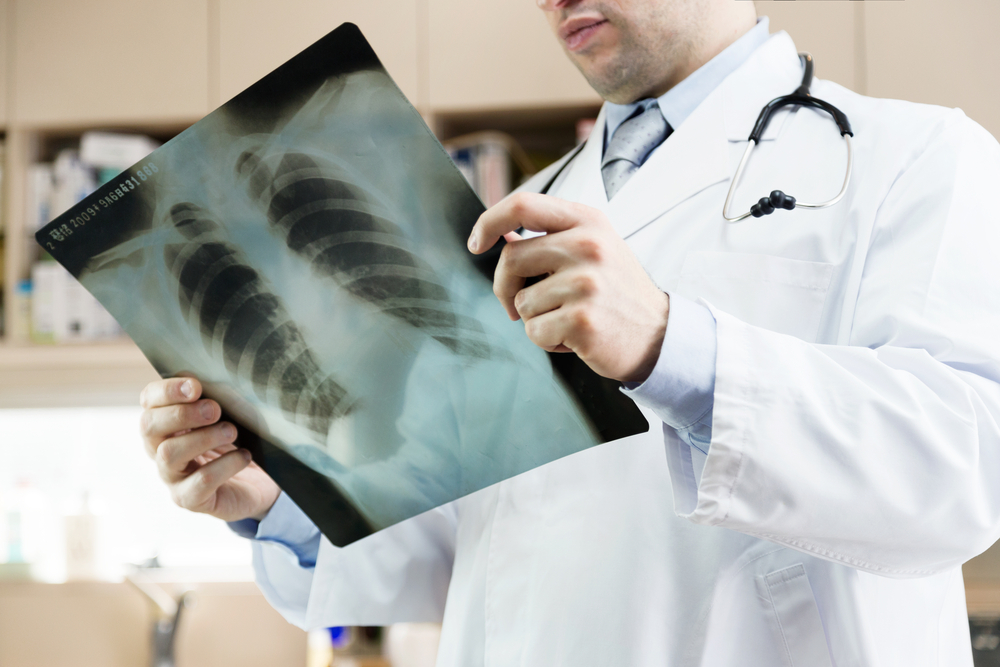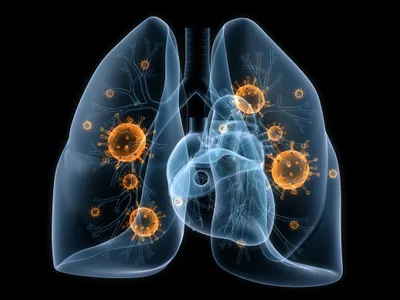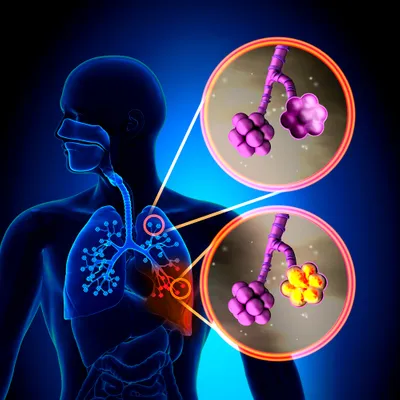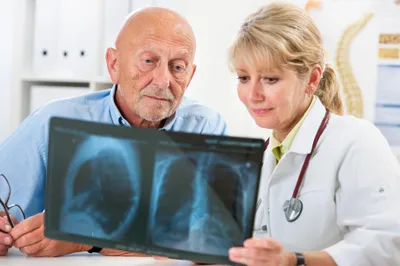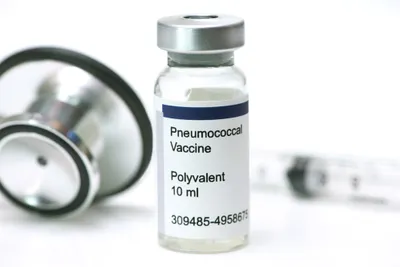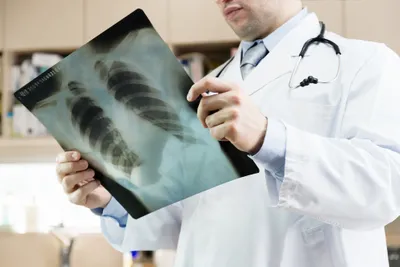While many don’t consider pneumonia a serious health threat, this lung condition can affect almost anyone—regardless of age, gender, race, or level of health or physical fitness. According to research from the Mayo Clinic, pneumonia occurs when fluid infection (pus) inflames the air sacs of one or both lungs, resulting in a potentially life-threatening illness.
Let’s mark World Pneumonia Day (on November 12, 2016) by reviewing six fast facts about this serious lung infection…
1. Your Risk of Pneumonia Increases if…
As mentioned in the intro, pneumonia doesn’t discriminate as far as age or level of health. Everyone can be affected by pneumonia. However, certain populations, particularly those with compromised immune systems can be more at risk.
For instance, the American Lung Association notes that individuals with a chronic health issue—such as COPD (chronic obstructive pulmonary disease), cardiovascular disease, asthma, or diabetes—are at increased pneumonia risk. Additionally, those who smoke or abuse alcohol, as well as young children and adults over 65-years old can develop mild to severe pneumonia illness.
2. Pneumonia is a Serious Lung Infection
A 2016 Ipsos MORI poll, surveyed across several European countries noted that shockingly one in five individuals don’t consider pneumonia a lung condition.Findings from the same Ipsos MORI survey indicated that only 44-percent of respondents believed that certain forms of pneumonia can be contagious.
According to research from eMedicinehealth.com, while the vast majority of bacterial pneumonia cases are not highly contagious, tuberculosis and Mycoplasma pneumonia should be considered highly contagious when transmitted via coughing, sneezing, and breathing.
3. Pneumonia and Older Adults
Although adults over the age of 65-years are considered an increased risk for developing pneumonia, statistics from the British Lung Association show that many older adults are not concerned about contracting the serious lung infection.
For example, the Ipsos MORI poll indicates that eight out of ten survey respondents over age 65 are not concerned with the risk of contracting pneumonia even though the risk almost doubles for older populations. In fact, data from Medscape.com notes that more than 90-percent of all pneumonia-related deaths occur in senior populations.
4. Pneumonia Vaccine
Are you aware that a pneumonia vaccine exists? The Centers for Disease Control mentions two available vaccines—one of which is available for preventing pneumonia among children under age 5 and at risk children over 6-years old, called the pneumococcal conjugate vaccine (or PCV13). The second vaccine, pneumococcal polysaccharide vaccine (or PPSV23), is recommended for adults over age 65-years old.
According to the CDC, less than one third of individuals in the “at risk” groups are aware that a preventable pneumonia vaccine even exists, and only one in six high risk individuals have been vaccinated.
5. Pneumonia Prevention
Shockingly, while many do consider pneumonia a potentially fatal lung infection, the American Lung Association (ALA)notes that 44-percent of individuals believe that pneumonia can be treated, but not prevented.
The ALA recommends getting your annual flu shot, not only to prevent seasonal flu, but also to prevent it from turning into pneumonia. Talk to your doctor to see if you should also receive a pneumococcal pneumonia vaccination to prevent bacterial pneumonia.
6. Live Healthy to Prevent Pneumonia
According to the American Lung Association, an innocent bout of seasonal influenza can quickly turn into pneumonia if you don’t take proper care of yourself. Do your part to prevent the flu from turning into a dangerous respiratory infection by consuming a healthy diet and getting daily exercise to promote stronger immune health.
Also, wash your hands frequently during flu season (i.e., if you’re family or coworkers are sick, if you blow your nose, go to the washroom, or change a child’s diapers) to prevent to spread of bacterial illness. If you smoke, consider quitting to lower your chances of developing pneumonia or another lung infection.
